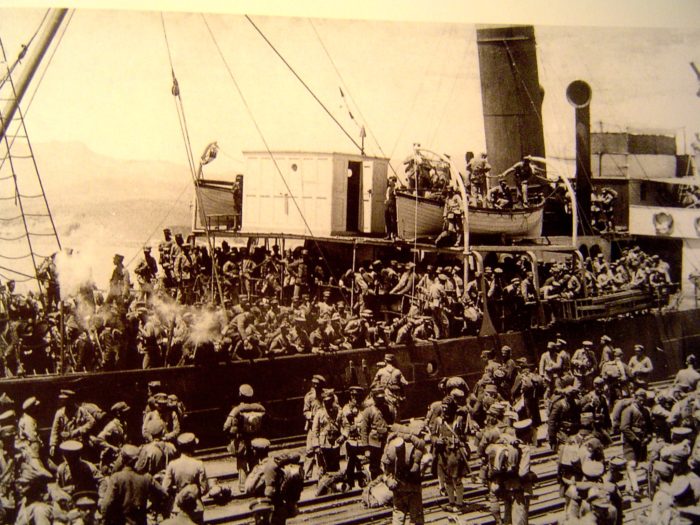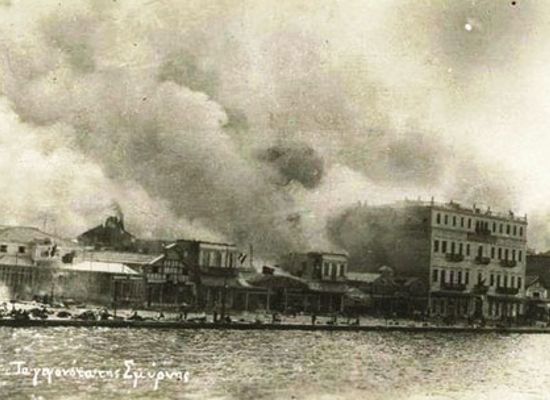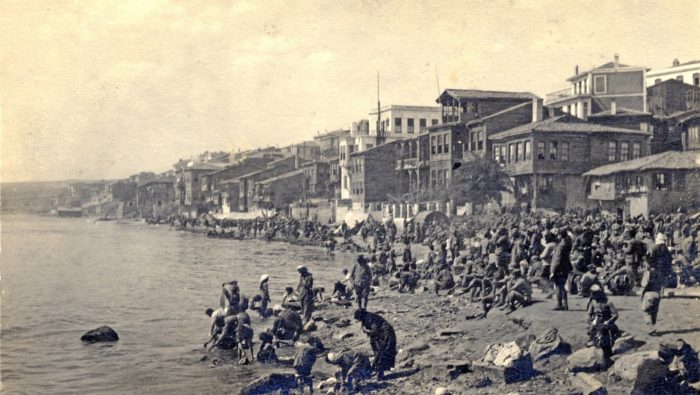The National Remembrance Day for the Genocide of Asia Minor Greeks by the Turkish state was established by a unanimous decision of the Greek Parliament on September 24, 1998 and is celebrated every year on September 14.
The initiative was taken by three PASOK MPs of Asian Minor descent, Giannis Kapsis, Giannis Diamantidis and Giannis Charalambous, who submitted the relevant bill on May 12, 1997.
To mark the national day, we take a look back at the events leading up to the tragic genocide.
Hellenism in Asia Minor:
Smyrna, the modern-day city of Izmir on the Turkish coast of the Aegean sea, was undoubtedly one of the wealthiest cities of the Ottoman Empire.

It was home to one of the largest populations of Greeks and Armenians in the Empire. Together, they constituted the Christian community of the city, which lived peacefully side by side with the Muslim and the Jewish communities for centuries.
However, politics, and the competing interests of the main global powers, alongside the rising tide of nationalism and the outbreak of the First World War, were the factors that determined the fate of Smyrna and its citizens for the rest of the twentieth century and beyond.
The Genocide of Greeks in Asia Minor:
As part of the Greco-Turkish War, which raged from 1919 to 1922, Greece’s armed forces went to Smyrna on May 15, 1919. For a brief time, it appeared that the extermination of the Hellenic race had ceased.
But after major military and political errors made by the Greek government, the Turkish army regained control of the city on September 9, 1922.

Eyewitness reports state that the great fire of Smyrna began a few days later on September 13, 1922, and lasted for approximately nine full days, until September 22.
The fire’s results were catastrophic – Over 100,000 Greeks and 30,000 Armenians were killed.
The number of refugees who were forced to leave the city and its surrounding countryside was between 25,000 and 100,000.
Churches, ornate villas, and mansions of great architectural importance, as well as schools and entire market areas, were gone forever without a trace.
The city suffered such enormous damage to its infrastructure that much of it literally had to be rebuilt from the ashes.
Today, the area is an enormous park, known as Kültürpark in Turkish, which serves as Turkey’s largest open-air exhibition center. There are no reminders there of the glory which once was Smyrna.
